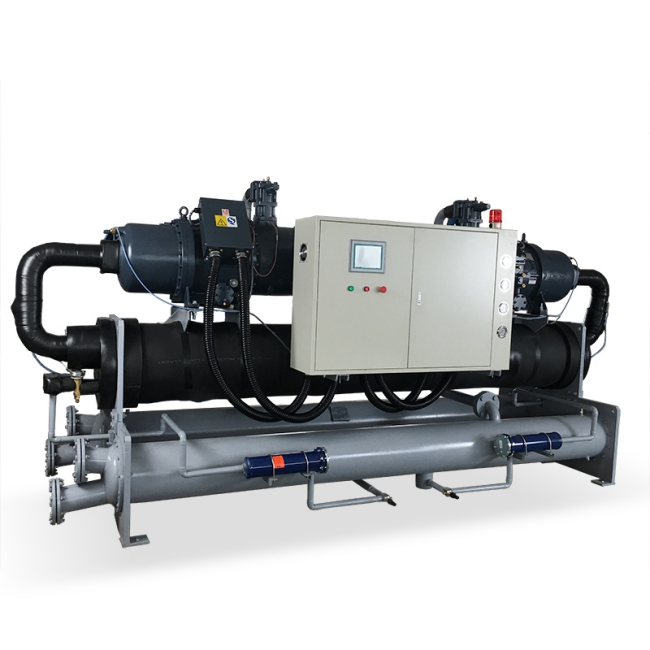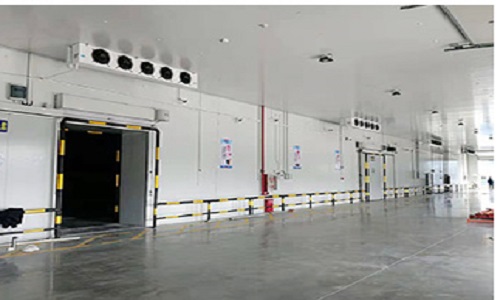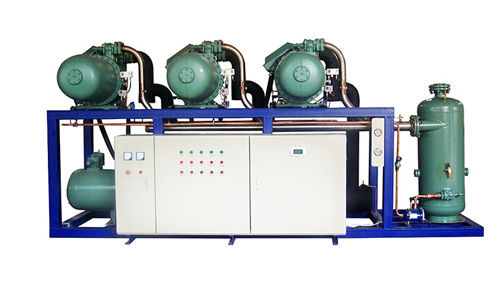Advantages of Water-Cooled Chillers
Lifespan
Water-cooler chillers have longer lifespans than air-cooled chillers. This is because water-chillers aren’t exposed to outdoor elements such as rain, snow, ice, or heat, thus they are more protected.
Quiet Operation
Water-cooler chillers operate quietly, while air-cooled chillers have ducts and vents, that may get quite noisy. The flow of water through the system is quite unnoticeable, compared to the contraction and expansion heard in air-cooled chillers.
This “silence” or quiet operation is quite beneficial in environments such as hospitals, or schools, where noise can become a nuisance to the occupants.
Energy Efficiency
The film coefficient is 10 to 100 times better in water-cooled chillers vs air-cooled chillers. This is because water-cooled chillers transfer heat more efficiently, and this results in savings on energy costs for businesses.
No Open Space Needed
Water-cooled chillers are placed inside buildings, which makes them great for companies that don’t have access to enough outdoor space. Air-cooled chillers stay outdoors and require an open space with fresh air to operate.
Safety
Water-cooled chillers use water as a refrigerant instead of toxic chemicals. This inevitably makes them safer for people who have frequent contact with them.

Disadvantages of Water-Cooled Chillers
Higher Cost
Air-cooled chillers are cheaper than water-cooled chillers since they don’t require parts like cooling towers or condenser water pumps. However, many companies feel that the longer lifespan of water-chiller, and their savings on energy, more than makeup for the initial purchase price.
More Maintenance
Water-cooled chillers have more parts to take care of than air-cooled chillers, thus they require more maintenance. This means more periodic inspections, water treatments to remove impurities, and regular cleaning of the chiller’s machinery.
Since water-cooled chillers have more parts than air-cooled chillers, they also likely require more frequent repairs than air-cooled chillers.
Complicated Installation
The additional parts that a water-chiller has, inevitably leads to a harder installation, than in the case of an air-cooled chiller. This may mean higher labor costs for installation, compared to the air-cooled chiller.
Mechanical Room
You need to have a mechanical room to house a water-cooled chiller, to ensure that it will function properly with its cooling tower and extra components.
Not Good for Drought-Stricken Areas
Water-chillers use quite a large amount of water, and thus they aren’t suited for regions that have water shortages. The money spent on the water in these regions can leave you with a big pocket hole.
Less Efficient in Humidity
Though water-cooled chillers are mostly more efficient than air-cooled chillers, they won’t operate as efficiently in humid environments. This is because humidity raises the wet-bulb temperature, which indicates how efficiently water absorbs heat. Water-cooled chillers in humid environments may also affect the workers, making them feel cold or clammy.







